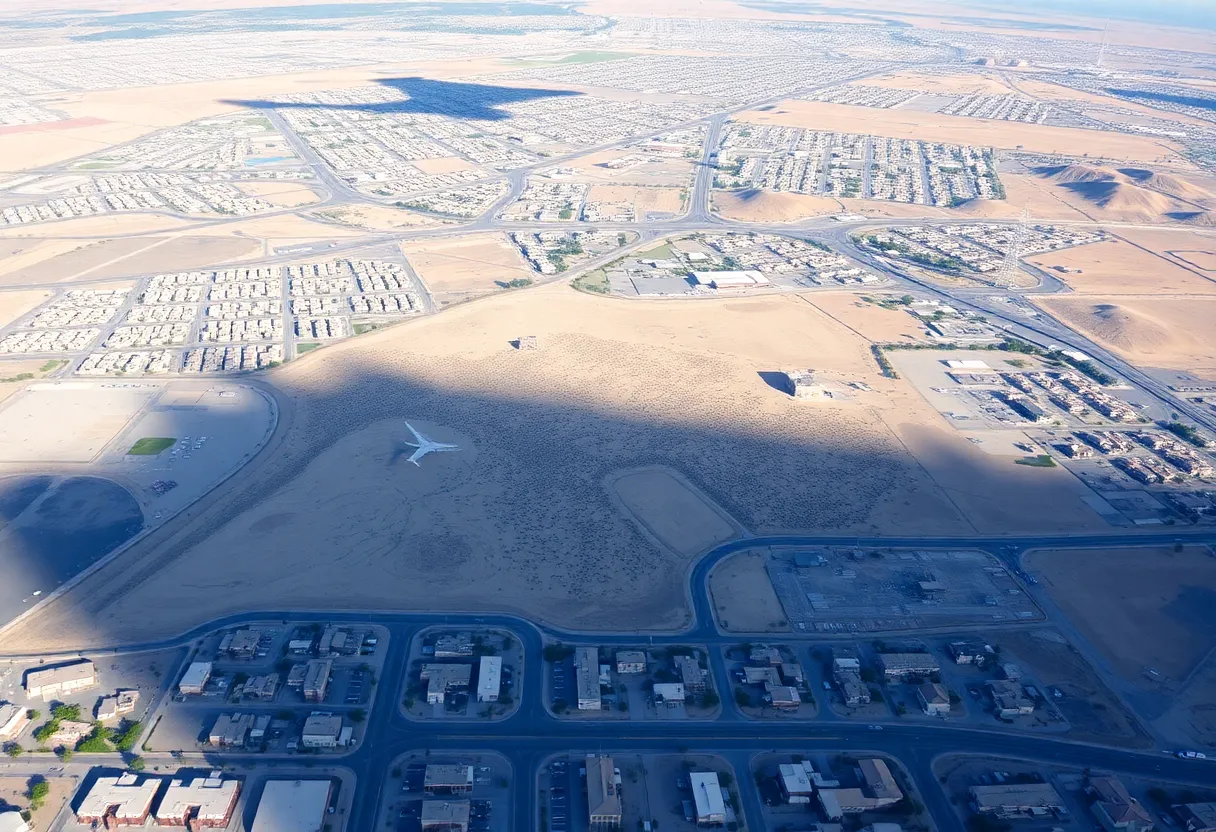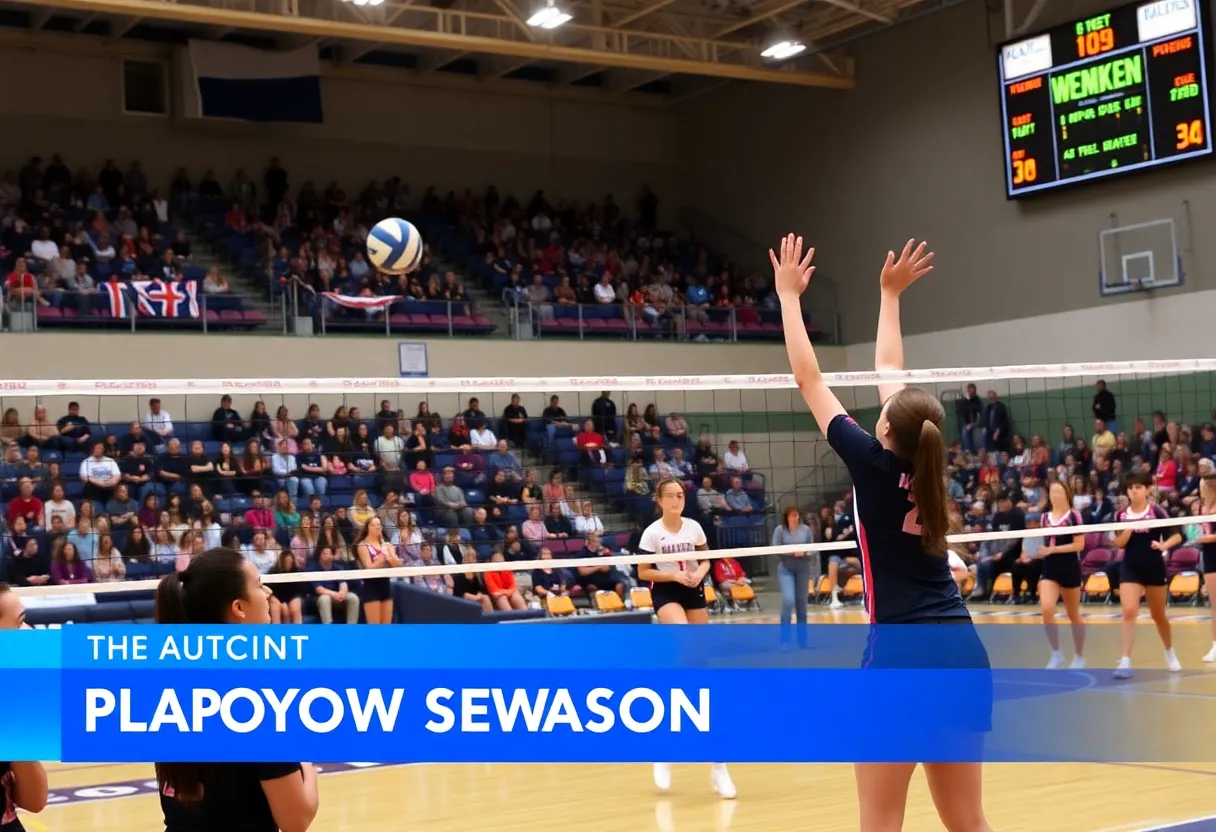News Summary
A recent study reveals 78,000 acres of land in Southern Nevada remain vacant amid a housing crisis. Local officials discuss developing 10,000 acres identified as suitable for both residential and commercial use. The RTC emphasizes the need for infrastructure improvements and zoning changes to unlock potential housing developments. With increasing home prices and a shortage of affordable rentals, urgent action is required from state and federal officials to address the housing deficit and support the growing population.
Las Vegas, Nevada – A new study from the Regional Transportation Commission of Southern Nevada indicates that approximately 78,000 acres of land in the valley remain vacant or underutilized amidst a persistent housing crisis. Of this total, around 10,000 acres have been identified as prime land suitable for both residential and commercial development, sparking discussions on how to address the housing shortage in the region.
The comprehensive report identified a total of 31,650 tax lots across Southern Nevada, encompassing 78,285 undeveloped or underutilized acres. Notably, 23,480 of these acres are federally owned or controlled. The study was developed in partnership with the policy research firm ECONorthwest and sheds light on the current challenges regarding land ownership and potential for development in the area.
Recent data suggests that Southern Nevada may exhaust available land for development in just seven years if current trends prevail. Challenges in understanding land ownership and usage remain a significant barrier as the region attempts to utilize its available parcels more effectively. Analysts have noted that Clark County is unique in that 88% of its land is federal property, primarily overseen by the Bureau of Land Management, which manages over half of the county’s land area. Since the Southern Nevada Public Land Management Act’s passage in 1998, only about 17,519 acres have been made available for private use, indicating that federal control over land has actually increased during this period.
The ongoing housing crisis in Southern Nevada has seen home prices reach near-record highs, with current market conditions presenting challenges for prospective buyers. Home prices have roughly doubled since before the pandemic, necessitating an annual income of nearly $120,000 to afford a typical mortgage. Contributing factors include high mortgage rates, rising construction costs, and labor shortages, all of which constrain the housing market. Additionally, the region faces a deficit of approximately 78,000 affordable rental homes for low-wage workers, amplifying the urgency of the housing situation.
In response to these challenges, local officials, including advocates from the Nevada Housing Coalition, emphasize the need for infrastructure improvements and financial incentives to unlock vacant land for housing development. The state ranks 34th for the number of vacant homes, highlighting the critical need for political action at both the state and federal levels to unlock land for development amidst declining numbers of active buyers.
Recent trends show that more buyers are pulling back from the market, particularly in Spring Valley, an area that has seen a rise in recently constructed apartment complexes and notable rental rate declines. Meanwhile, local initiatives are underway to address these issues. For instance, Ovation Development Corp. is set to open a 195-unit affordable housing project, with a City Council-approved 293-unit apartment complex also in development near a hotel-casino.
In addition, advocacy for infill development is growing as local officials and housing activists seek to lower barriers for the construction of more affordable housing. The RTC is preparing to propose zoning changes that would facilitate housing developments on identified vacant and underutilized lands. Moreover, calls for urban sprawl persist, with local leaders stressing the importance of balancing growth with the integrity of existing infrastructures, such as transportation systems.
Recent discussions among state leaders have further emphasized the urgency for more federal land to be made available for housing development. As Southern Nevada grapples with housing shortages and other economic pressures, timely responses to these challenges are increasingly vital to support the region’s growing population and foster sustainable growth.
Deeper Dive: News & Info About This Topic
HERE Resources
Las Vegas Considers Ban on Pet Store Sales of Dogs and Cats
Navigating Las Vegas’s Housing Affordability Crisis: A Balanced Perspective
Clark County Takes Action on Rising Homelessness Crisis
Family Files Lawsuit After Man Dies from Heat Stress at Grand Canyon
Las Vegas Rental Prices Stabilize Amid Increased Supply
Neurosurgeon Dr. Aury Nagy Launches Congressional Campaign in Summerlin
Hazy Skies and Rising Temperatures in Southern Nevada
Las Vegas Unveils New Affordable Housing Community for Seniors
Las Vegas Faces Growing Homelessness Crisis Despite New Measures
Las Vegas Considers Tougher Laws in Response to Homelessness Crisis
Additional Resources
- Nevada Current: Federal Land for Infill Development
- Encyclopedia Britannica: Land Use
- News 3 LV: Vacant Land in Clark County
- Google Search: Southern Nevada Housing Crisis
- The Nevada Independent: Federal Land and Affordable Housing
- Google Scholar: Affordable Housing Nevada
- Nevada Current: Land Sale Bill for Housing
- Google News: Affordable Housing Las Vegas

Author: STAFF HERE LAS VEGAS WRITER
The LAS VEGAS STAFF WRITER represents the experienced team at HERELasVegas.com, your go-to source for actionable local news and information in Las Vegas, Clark County, and beyond. Specializing in "news you can use," we cover essential topics like product reviews for personal and business needs, local business directories, politics, real estate trends, neighborhood insights, and state news affecting the area—with deep expertise drawn from years of dedicated reporting and strong community input, including local press releases and business updates. We deliver top reporting on high-value events such as Electric Daisy Carnival, World Series of Poker, and Consumer Electronics Show. Our coverage extends to key organizations like the Las Vegas Chamber of Commerce and Three Square Food Bank, plus leading businesses in hospitality and entertainment that power the local economy such as MGM Resorts International, Caesars Entertainment, and Las Vegas Sands. As part of the broader HERE network, we provide comprehensive, credible insights into Nevada's dynamic landscape.



